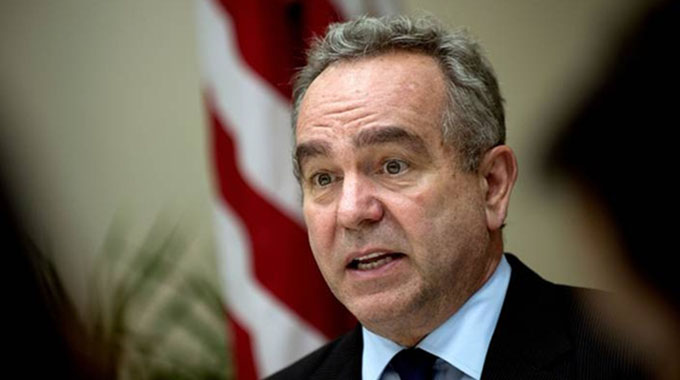Cartels blamed for Nairobi’s steep gas prices

NAIROBI. – So deep-pocketed and well-connected is the monopoly that controls imports of liquefied petroleum gas (LPG) that no new player seeking to enter the industry gets past endless government bureaucracy, Petroleum and Mining principal secretary Andrew Kamau has told lawmakers.
The sabotage by government regulatory agencies in granting the necessary approvals for setting up large-scale LPG storage facilities is so significant, he said, that he knows only one firm that has recently received an environmental impact clean bill of health from the watchdog Nema.
Kamau appeared before the National Assembly’s Finance and Planning Committee to explain the sharp increase in fuel prices in the last review.
“I know of six foreign companies that have for long wanted to come to invest in the country in LPG and build storage facilities but they cannot even get past Nema,” he told lawmakers.
“The only company that has so far managed to get approval from Nema is Oilibya (now Ola Energy) but it’s still yet to get approval from other regulatory agencies.”
A day before, the energy regulator had revealed to MPs that the bulk of the cooking gas used in Kenya comes via Tanzania through the ports of Dar es Salaam and Mombasa
Energy and Petroleum Regulatory Authority (Epra) director-general Daniel Kiptoo said that much of the gas consumed in Kenya is supplied by one investor, adding that the landed cost of LPG in Dar is US$830 (Sh913,000) per tonne and US$960 (Sh105,600) in Mombasa.
This means that cooking gas is imported at about Sh91 per kilogram or Sh547 per 6kg cylinder. But the cylinder retailed for about Sh950 before the introduction of the 16 per cent Value Added Tax (VAT) on the product, a cool Sh403 margin on a single cylinder.
An Epra report shows local LPG consumption has grown exponentially from 77 000 tonnes in 2007 to 400 000 though a large section of the population is yet to be tapped – 55.1 per cent of Kenyans use firewood for cooking.
But the government maintains that it is too soon to regulate LPG prices – as is the case with petrol, diesel and paraffin – arguing that setting price controls for the product will inhibit investment in the sector.
“The (LPG) terminal in Mombasa was opened in 2012 and it was a purely private investment. We are yet to reach a point where the government has to step in and put price controls on LPG because this will deter investors from coming into the sector,” Kiptoo said. – Daily Nation.










Comments